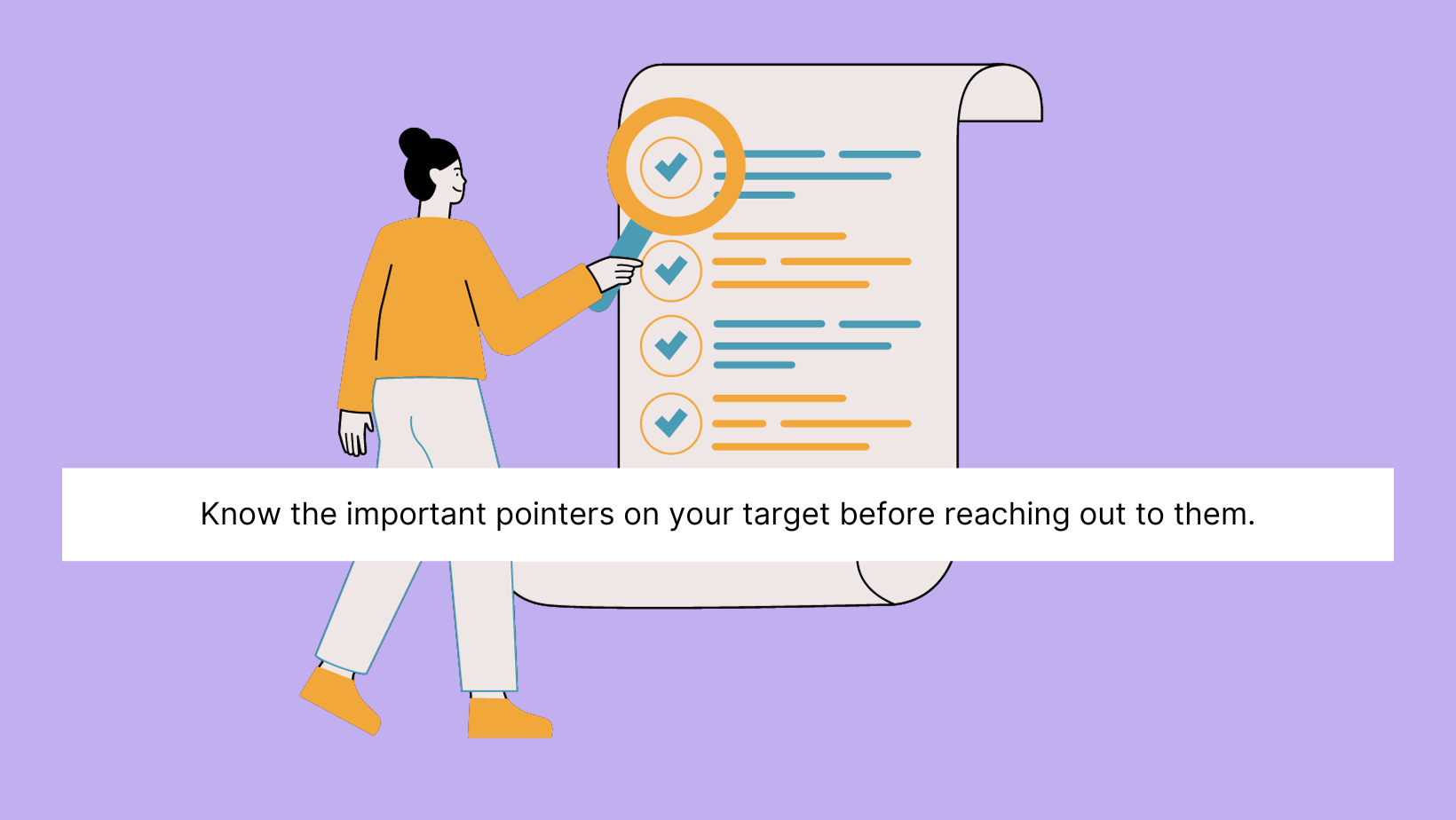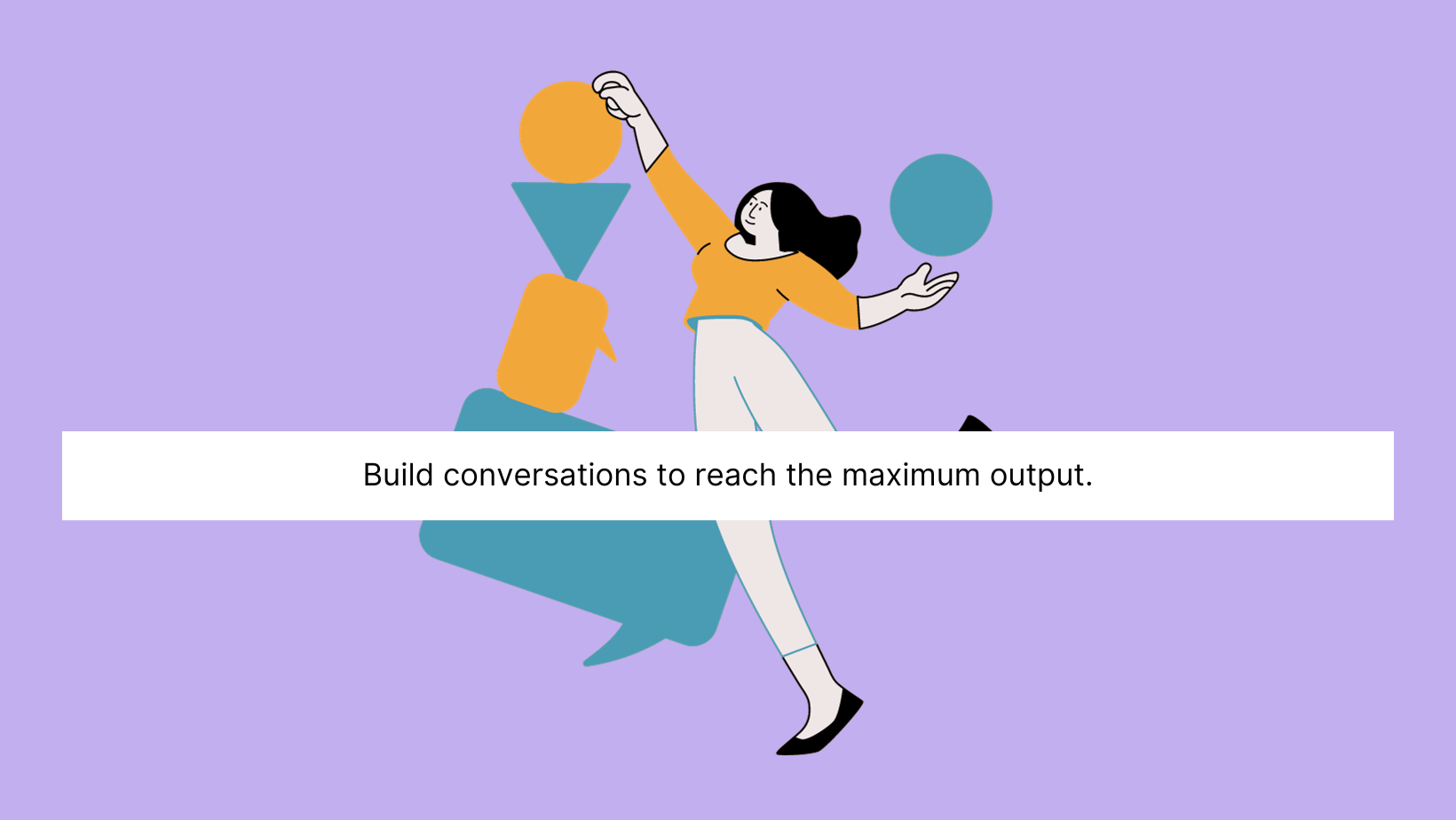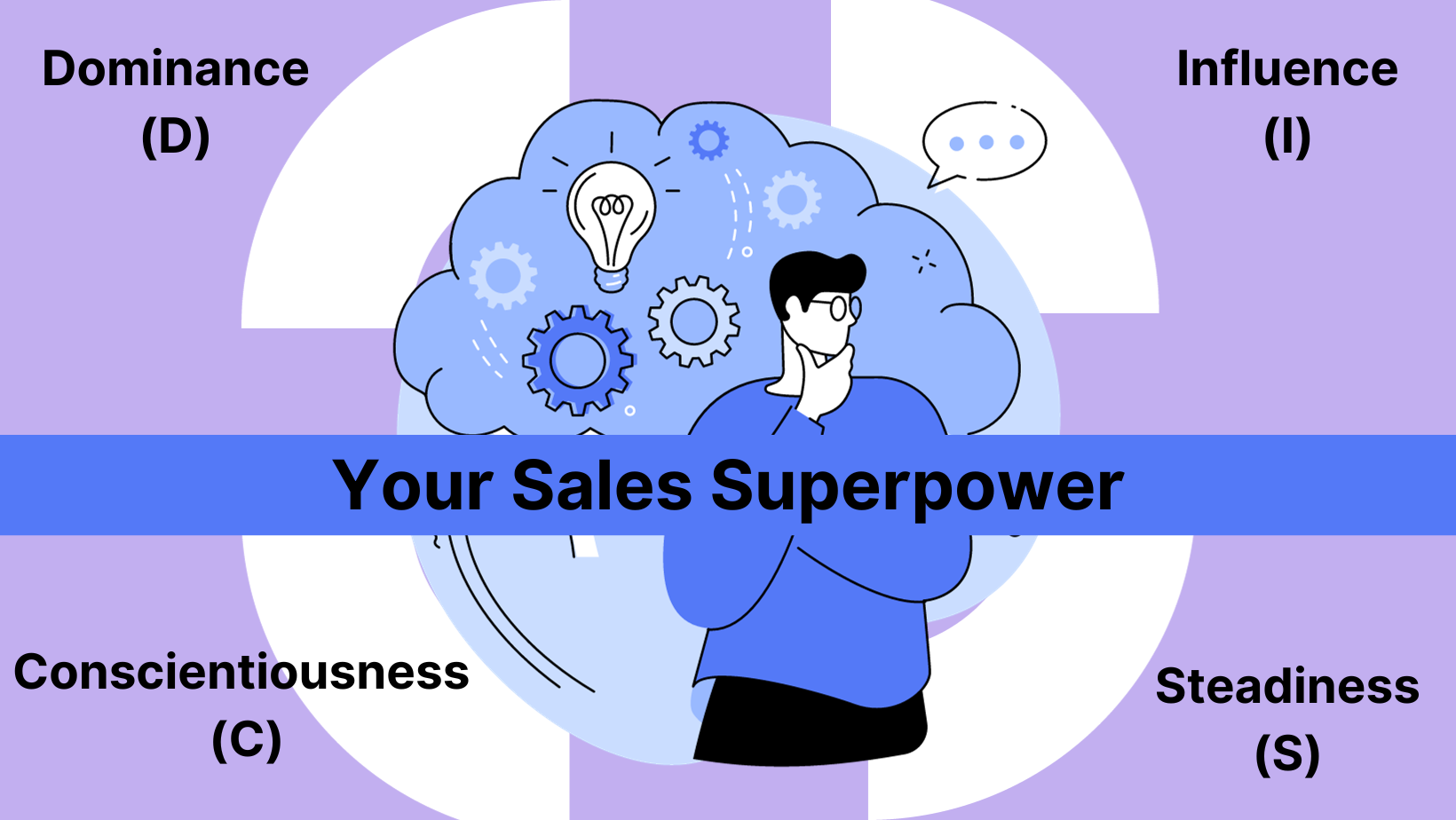In the fast-paced world of sales and marketing, understanding people is the key to unlocking success. Whether you’re a seasoned sales professional reaching out to potential clients or a marketing expert crafting campaigns to engage your target audience, your ability to connect with individuals on a personal level can make all the difference. This is where the DISC personality tool steps in, offering a unique advantage for those who seek to excel in their roles.
Understanding DISC
DISC is an acronym that stands for Dominance, Influence, Steadiness, and Conscientiousness. It’s a powerful framework that provides insights into human behavior and communication styles. But it’s not just about labeling people; it’s about understanding the nuances of their personalities. Let’s explore how DISC works:
-
Dominance (D): These individuals are assertive and results-oriented. They take charge of situations and make decisions with confidence. Think of a CEO leading a competitive industry.
-
Influence (I): Influential personalities are sociable and enthusiastic. They inspire others with their charisma and thrive in social settings. Imagine a charismatic public speaker who rallies a crowd.
-
Steadiness (S): Steady individuals are patient and reliable. They value stability and excel as team players. Picture a long-time friend who’s always there when you need them, providing a sense of comfort.
-
Conscientiousness (C): Conscientious individuals are analytical and detail-oriented. They prioritize accuracy and efficiency in their work. Think of a meticulous scientist who leaves no stone unturned.

Uses of Disc
Enhancing Self-awareness
One of the first steps to success in sales and marketing is understanding yourself. DISC assessments enable individuals to discover their dominant personality traits, helping them better understand their strengths and areas for improvement. Imagine having a clear roadmap to your own behaviors and tendencies. It’s a game-changer.
Effective Communication and Outreach
Now, let’s dive into how DISC can transform your approach in the sales and marketing arena:
- Tailored Communication: Imagine you’re a sales professional reaching out to potential clients. You’ve done your research and used DISC to assess their personality styles. Armed with this knowledge, you tailor your pitch to align with their preferences. For a Dominant (D) client, you keep it concise and results-focused. An Influential (I) prospect gets a dose of enthusiasm and optimism. A Steady (S) client values stability and relationship-building. A Conscientious (C) individual appreciates detailed information.
Your outreach becomes more than a sales pitch; it’s a connection forged on understanding.
- Effective Negotiations: Negotiations can be make-or-break moments. DISC helps you anticipate objections and address them constructively. By recognizing the DISC style of your counterpart, you adapt your strategy. You’re in control, addressing concerns with confidence and empathy. The result?
Successful negotiations that leave both parties satisfied.

Targeted Marketing Campaigns
In the world of marketing, personalization is king. DISC provides a unique angle for creating targeted campaigns:
-
Customer Segmentation: Picture this – you’re a marketing professional looking to launch a new product. By segmenting your target audience based on DISC profiles, you create customized campaigns. Ads for Dominant (D) individuals emphasize efficiency and results. For Influential (I) consumers, it’s all about social benefits and excitement. Steady (S) customers get a message of trust and reliability. Conscientious (C) individuals appreciate details and precision.
-
Message Personalization: Email marketing and content creation become more effective. You adapt your messages to resonate with the preferred communication style of your audience. Steady (S) readers receive a message of stability and reliability, while Conscientious (C) subscribers get content rich in detail and precision.
Investor Relations
For startup founders and investment professionals, DISC can be a secret weapon:
-
Understanding Investor Preferences: You’re a startup founder gearing up for an investor call or presentation. DISC helps you understand the personality styles of potential investors. Armed with this knowledge, you tailor your pitch. If the investor is Dominant (D), you focus on results and ROI. An Influential (I) investor gets enthusiasm and a vision. Steady (S) investors value stability and reliability. Conscientious (C) investors appreciate detailed data and precision.
-
Building Investor Relations: Successful founders know that maintaining positive relationships with investors is crucial. By recognizing their DISC styles, you communicate in ways that align with their preferences. Updates and discussions are not just productive; they’re harmonious and build trust.

Common Myths and Misconceptions
But before you dive headfirst into DISC, let’s debunk some myths:
-
Myth 1: DISC Labels People as One Type Only: DISC recognizes that people have a blend of traits from all four categories. It’s about understanding the nuances.
-
Myth 2: DISC Is a Formal Diagnostic Tool: DISC is not for clinical assessments; it’s a practical tool for personal and professional growth.
-
Myth 3: DISC Predicts Behavior with Certainty: While it provides insights, DISC doesn’t predict behavior with absolute certainty. People can adapt.
-
Myth 4: DISC Profiles Are Fixed: DISC profiles are not set in stone. Individuals can grow and change over time.
-
Myth 5: DISC Labels Are Good or Bad: There are no inherently good or bad DISC profiles. Each has strengths and challenges.
-
Myth 6: DISC Is a One-Size-Fits-All Solution: DISC is a tool, not a one-size-fits-all solution. It complements other strategies.
-
Myth 7: DISC Measures Intelligence: DISC doesn’t measure intelligence or competence. It’s about communication and behavior styles.
-
Myth 8: DISC Is Only for Extroverted People: DISC is applicable to both extroverted and introverted individuals. It assesses communication and behavior styles.
Conclusion
In conclusion, DISC is a potent tool for sales and marketing professionals. It fosters self-awareness, enables tailored communication, and fuels successful outreach, negotiations, and marketing campaigns. By understanding and applying DISC insights, professionals can build stronger relationships, close deals, and drive marketing success.

